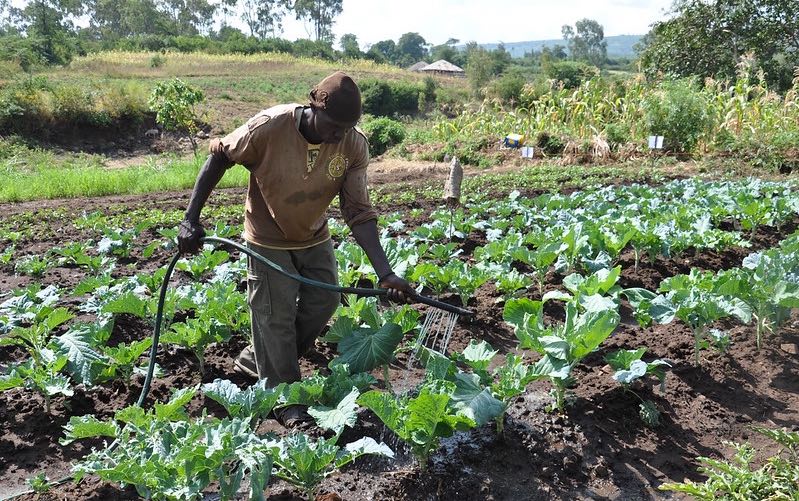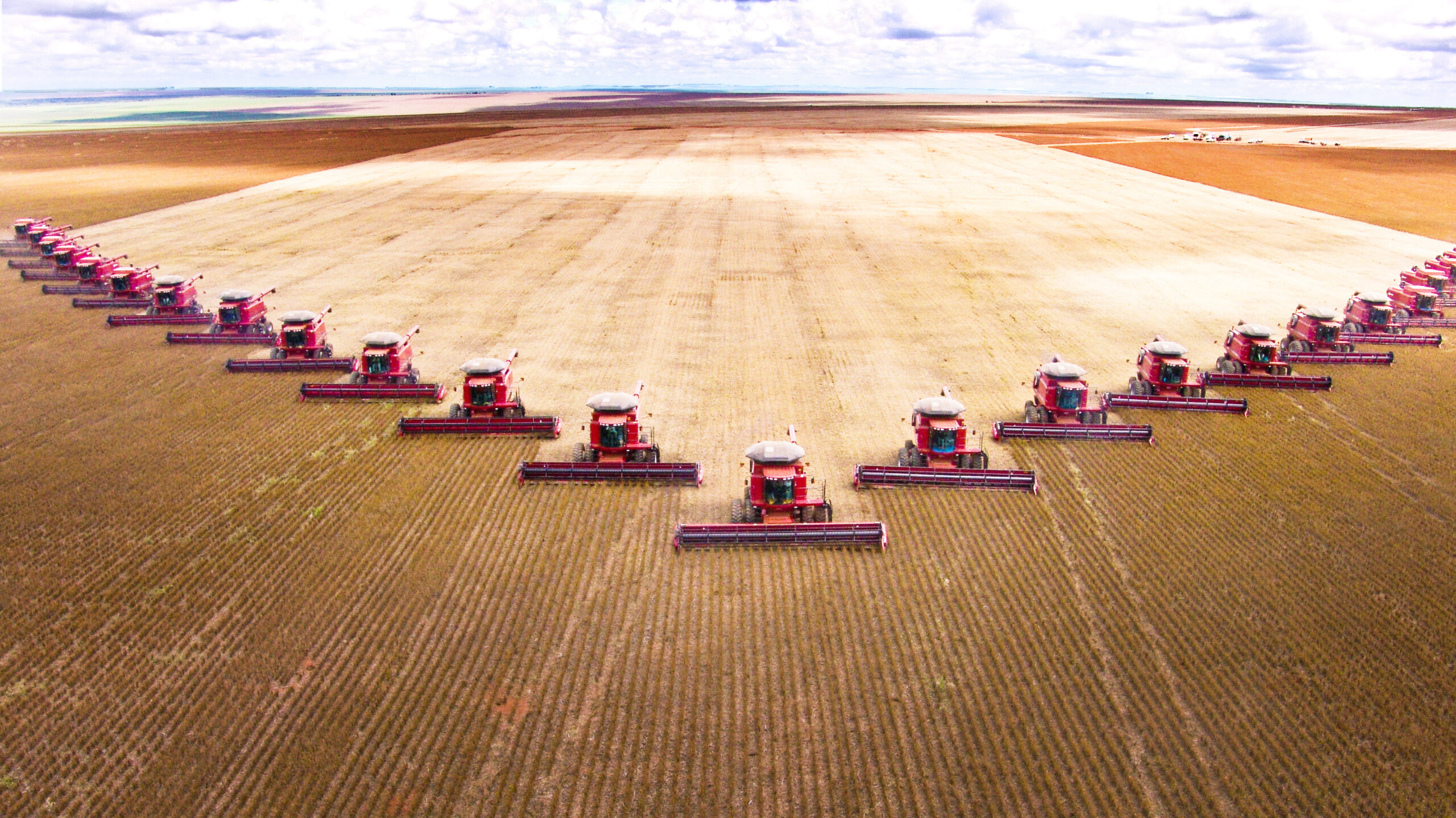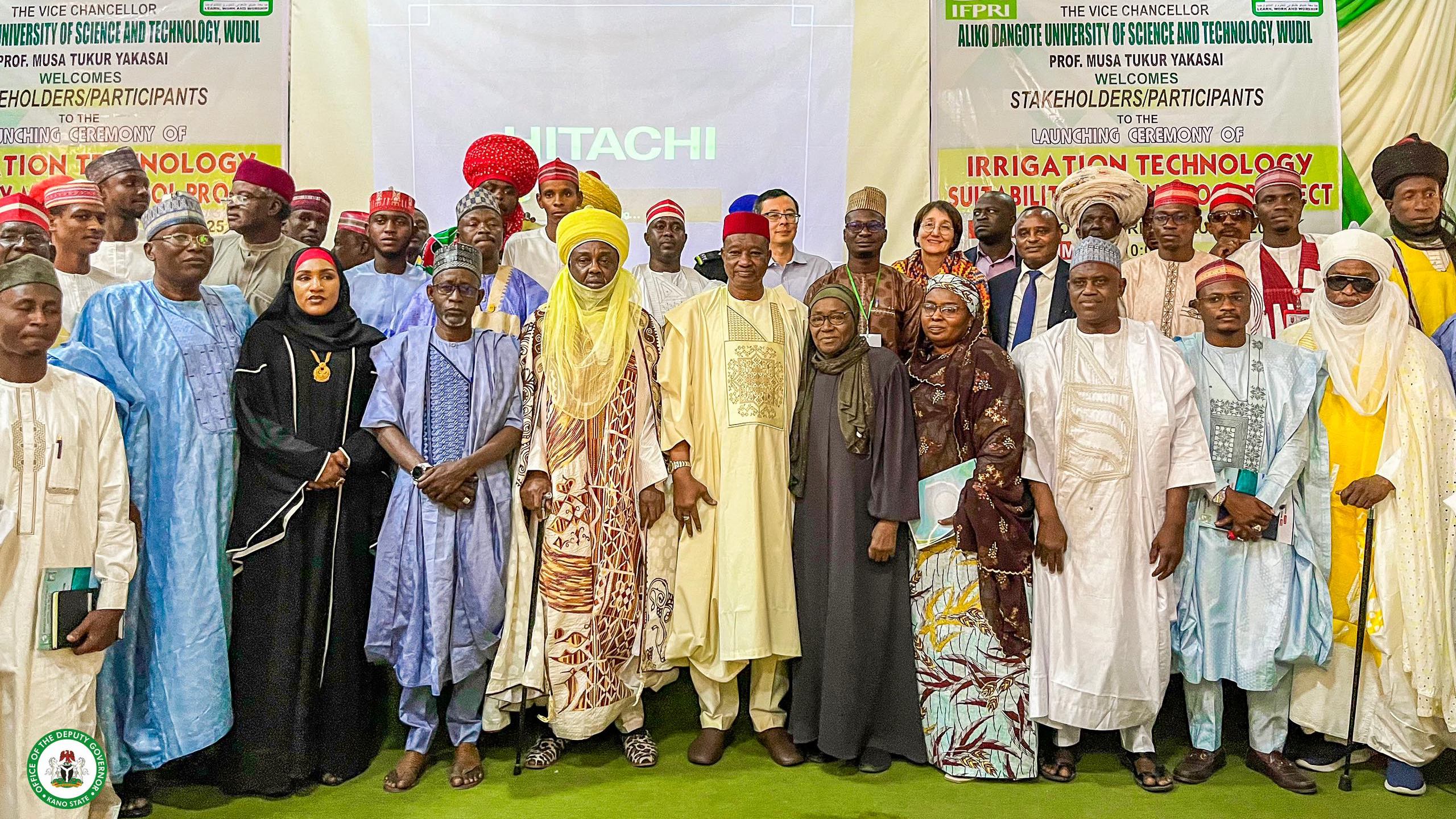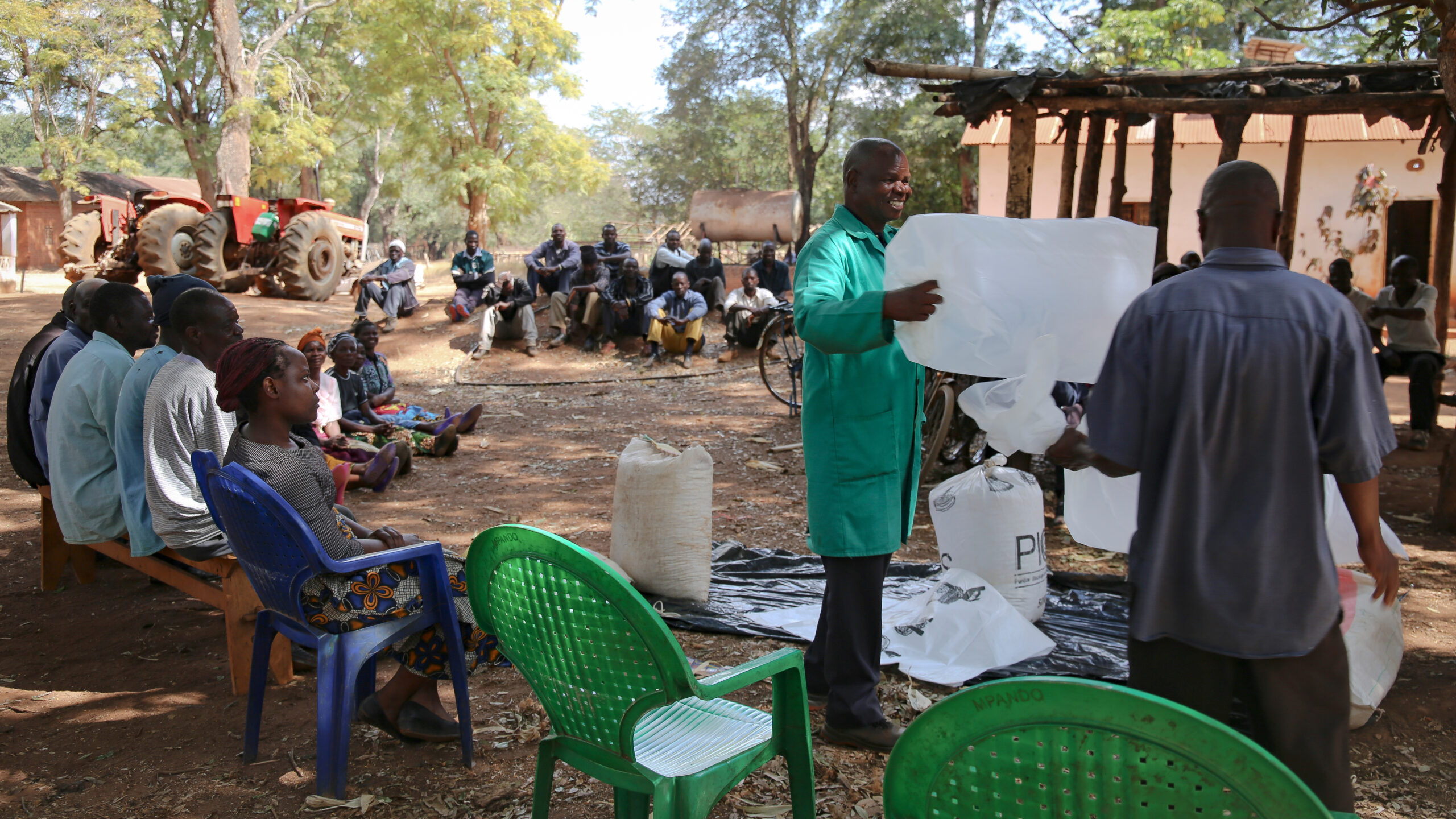A caricature of the situation in climate finance, particularly regarding Africa, is a classic vicious circle: Climate finance is not flowing because of the lack of bankable investment plans; the lack of investment plans is due to a lack of faith that climate finance will flow.
Like any caricature, this one misses many details but captures a salient point: Climate finance, particularly for adaptation to low- and middle-income countries (LMICs) in Africa, is not flowing at anywhere close to what is needed, despite multiple declarations of intent and a plethora of planning exercises.
The African Climate Foundation (ACF), IFPRI, partner governments in African countries, the Bill & Melinda Gates Foundation (BMGF) and other partners seek to step into this breach. The aim is to establish a virtuous circle in which climate and development plans are developed, funded, implemented, and evaluated and refined—leading to effective and progressively larger investments, alongside appropriate policies, for achieving development objectives in a context of climate change. This effort gets underway in earnest with the November 7 launch of reports on climate policy and adaptation from four African countries—Kenya, Malawi, Mozambique and Zambia—titled “From Climate Risk to Resilience.”
To date, a number country-level climate planning efforts have taken place aimed at identifying public investments to support policy objectives relating to climate adaptation and wider inclusive economic development. These include national adaptation plans (NAPs), World Bank Climate Smart Agriculture Investment Plans (CSAIPs) and Country Climate and Development Reports (CCDRs), as well as National Agricultural Investment Plans (NAIPs) that increasingly feature objectives and activities relating to climate change.
While these planning efforts are consultative and evidence-based, they have tended to include more investment needs and activities than governments can afford—a serious problem given the lack of sufficient funding to support these plans at scale.
How can we initiate a virtuous circle for climate finance? First, governments should identify and prioritize public investments from within existing climate and development plans that offer the highest returns in terms of jobs, growth, women’s empowerment, and other outcomes relating to economic transformation. These top priorities should be financed, implemented, and evaluated.
ACF’s Adaptation and Resilience Investment Platforms (ARIPs) aim to set in place this virtuous circle. To develop the ARIP concept, a stock taking exercise was undertaken in Kenya, Malawi, Mozambique, and Zambia. The resulting “Climate Risk to Resilience” reports 1) provide an overview to potential investors, donors, and other stakeholders on the need for climate adaptation measures; 2) outline background research and preliminary considerations for the strategic identification of ARIPs’ potential funding priorities, and 3) guide development of a collaborative approach to addressing climate change risks.
These reports are meant to pave the way for collaborative application of advanced analytics to facilitate investment and policy prioritization. These analytics take a risk-based approach that combines climate/weather data, biophysical models (such as for crops and for river basins), and economywide country models. They enable policymakers to quantify the returns to and tradeoffs associated with alternative investment plans in terms of jobs, economic growth, poverty reduction, and other transformational outcomes—all in a context of climate risk. The frameworks, which are available in all four countries, generate insights of interest to Planning Commissions and Ministries of Finance in pursuit of their own development objectives, as well as potential providers of external finance. As such, the reports represent a practical step towards investment programs that achieve development goals in a context of climate change.
Channing Arndt is Senior Director, Transformation Strategies, CGIAR and IFPRI.







